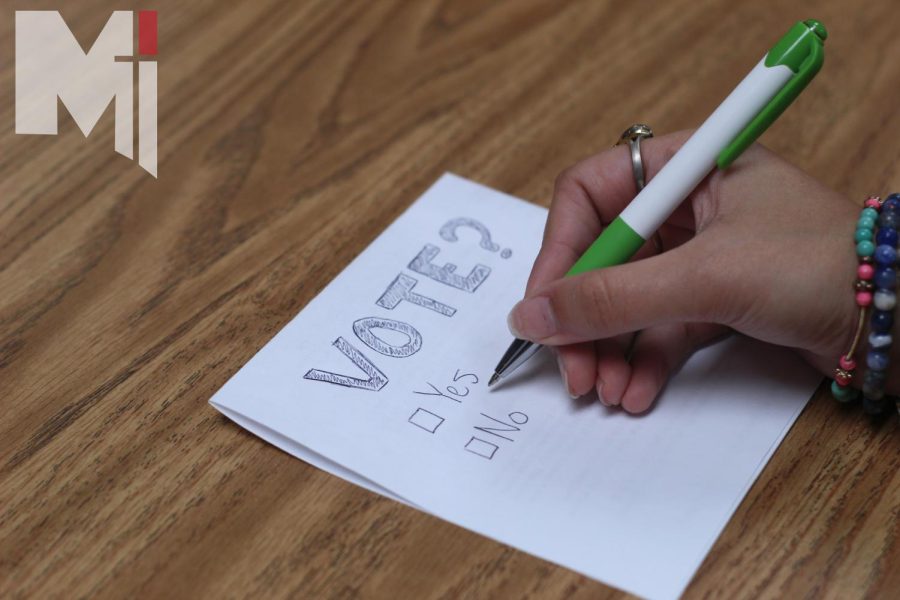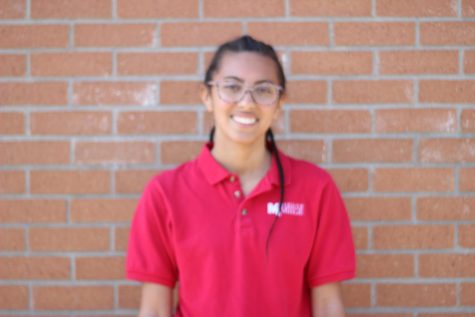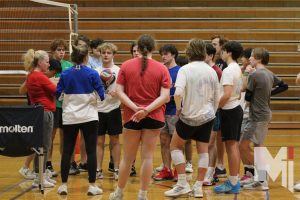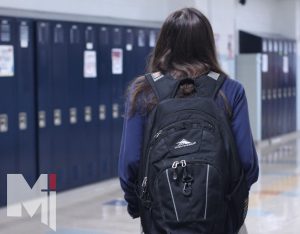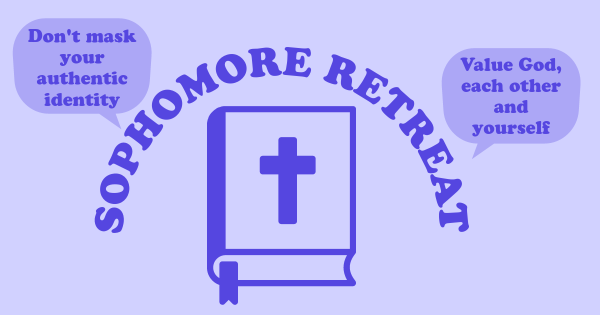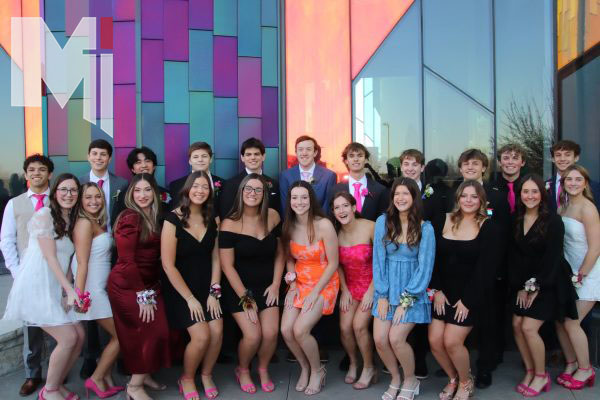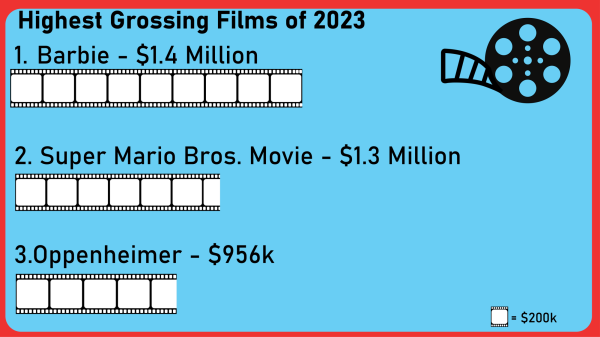Off to the Polls: Seniors vote for the first time
On Nov. 8, seniors who are 18 years old are able to vote for their first time. “I am looking forward to physically going and feeling like I’m contributing my voice to something important,” senior Maria Nguyen said.
November 7, 2022
Of all Americans eligible to vote in the 2020 presidential election, 66.8% of them cast their ballots. Despite this being the highest voter turnout in the 21st century, those between the ages of 18-24 have the lowest turnout at 51.4%, according to the U.S. Census Bureau.
Voter turnout for young voters began rising during the 2018 congressional elections due to the polarizing presidency of Donald Trump and has consistently remained that way since, breaking the constant downward trend since 1972, which was the first election 18-year-olds were given the right to vote in. This change can be attributed to multiple things, including a rise in activist culture seen on social media.
This nationwide trend is within the halls of Miege as 18-year-old seniors prepare for the Nov. 8 election. Besides the candidates, a variety of topics are included on the ballot, with legalizing marijuana and increasing the minimum budget of the Kansas City Police Department for Missouri voters and requiring the election of county sheriffs and an overhaul of legislative power for Kansas voters.
Senior Maria Nguyen is one of the many planning on voting. According to Nguyen, her resolve to vote partially came from social media.
“I knew that I was going to be 18 by the time elections rolled around, and not only my family members but social media had lots of promotion and encouragement for people to vote, especially teens,” Nguyen said. “I think it’s super important to get involved in what is happening in the country and use the voice we have been given.”
Another common reason students gave for voting came from their mandatory government classes, whether AP U.S. Government or U.S. Government. At the beginning of the school year, AP U.S. Government teacher James Wilcox had students fill out a survey on their plans for whether or not they will vote in the midterm elections.
“Students should vote because it is the most fundamental and basic way that we can actually participate in government,” Wilcox said. “For everyone who complains about not liking the government or government policies, the first question I ask them is ‘Did you vote?’ because if you didn’t vote, you have given up your voice in any of those policies.”
One of the many changes seniors face as they transition to adulthood is their different role in society, including their ability to vote. Nguyen said having the opportunity to vote makes her finally feel like an adult since she has a more prevalent role in social issues.
“I am looking forward most to being involved in what is happening in the country and not being just a bystander anymore because I am not a minor,” Nguyen said.
Government is everywhere, and if you don’t even recognize how the government affects your life, then why would you go and vote?
— AP U.S. Government teacher James Wilcox
For inexperienced voters, there can often be a learning curve. From registering to vote and finding the closest polling station, students are expected to know what to do or find the information they need themselves when they do not know where to start. However, according to Nguyen, registering only took her 10 minutes and she mostly turned to her parents as a resource.
“I use my parents mostly to help me since I want to know everything and not be in the dark about my options,” Nguyen said. “I look to them as a source of knowledge since they’ve been doing it for a long time.”
There are multiple reasons why some seniors will not be voting, from uncertainty on subjects to late birthdays. Senior Vincent Lopez is one of those seniors who could not register to vote due to his birthday coming later in the year.
Despite being unable to vote, Lopez encourages others around him to vote in the upcoming elections. According to Lopez, voting is a part of young people’s lives that everyone should participate in.
“It is important for us to recognize that we have a say in our future and the future of our nation,” Lopez said.
The New York Times, in its 2020 article “Why Don’t Young People Vote?” suggested providing students the information they need to register and make it to the polls acts as a short-term way to bring out more voters.
The long-term solution? Teaching students how to vote and helping them learn to make informed decisions.
According to Wilcox, he has similar ideas that he uses in his teaching at Miege.
“In my class, I concentrate really hard on teaching students how the government is supposed to work and comparing that with how it actually works,” Wilcox said. “Government is everywhere, and if you don’t even recognize how the government affects your life, then why would you go and vote?”
Nguyen said she is looking forward to putting her ballot in and hopes to see others do the same.
“Unless there is some obstacle preventing you from going on the day or some unforeseen circumstance, I don’t think there’s any excuse to not vote,” Nguyen said.
*Interested in registering for the next election? Learn more at Vote.gov.


